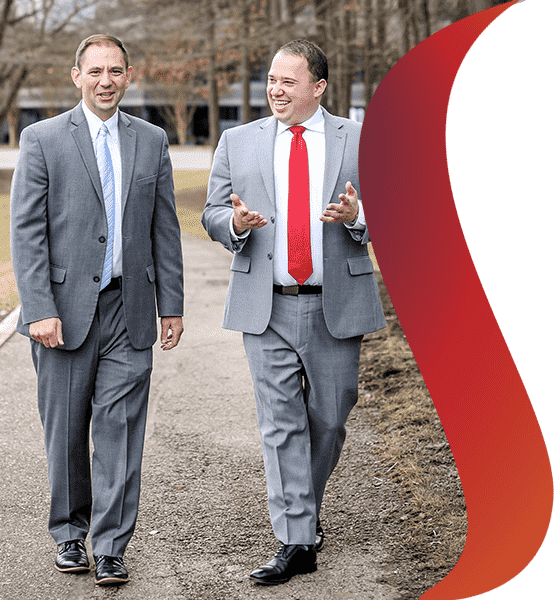There are several lines of legal protections in Virginia and on the federal level to prevent and punish elder abuse in nursing homes. However, what many families don’t know is that these federal abuse protections don’t extend to assisted living facilities.
What are assisted living facilities?
Assisted living facilities are like apartment complexes where older individuals can live with 24/7 care. This arrangement allows the person to be more independent than if they were in a traditional nursing home.
Assisted living facilities might be more or less expensive than a nursing home, but for many elderly residents, it’s considered a better alternative. The ability to live independently with care available when they need it is worth the cost.
Why do assisted living facilities have different protections?
Nursing homes typically receive more grants and funding from the government than assisted living facilities. That’s the main reason that the U.S. government doesn’t have the same regulations for assisted living facilities as nursing homes.
But that’s not a one size fits all statistic – about 17 percent of assisted living facility residents pay through Medicaid. Even still, the U.S. government leaves most of the oversight to the states.
What are the signs of abuse?
The lack of federal oversight means that many assisted living facilities end up as a breeding ground for elder abuse and neglect. It’s up to the families to recognize the signs and be advocates for their elderly relatives. The signs could be:
- Person having a dirty appearance, from body odor to clothes
- Random bruises or injuries
- Afraid or apprehensive of the facility staff
- Weight loss
- Mood swings
What to do if you suspect abuse?
Even if there are different rules in place for assisted living facilities, abuse is still abuse. Document everything and do your best to advocate for your elderly relative.


